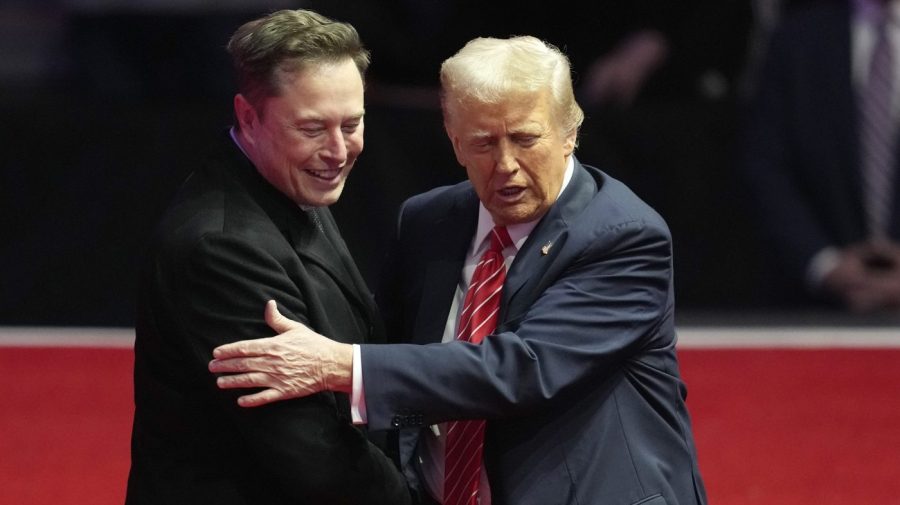The White House has strongly criticized a federal judge’s decision to block Elon Musk’s Department of Government Efficiency (DOGE) from accessing Treasury Department records. This latest development in the ongoing controversy surrounding DOGE has reignited debates about government transparency, data privacy, and executive power.
Key Points:
A federal judge issued a preliminary injunction blocking DOGE’s access to sensitive Treasury records.
The White House called the ruling “absurd and judicial overreach.”
19 Democratic attorneys general filed the lawsuit that led to the injunction.
The case centers on concerns about data privacy and potential interference with congressionally-approved funding.
Background:
DOGE was created by the Trump administration to identify and eliminate wasteful government spending. Its access to Treasury records, which contain sensitive personal and financial data of millions of Americans, has sparked controversy.
The Lawsuit:
Led by New York Attorney General Letitia James, 19 Democratic attorneys general sued the Trump administration, alleging that DOGE’s access to Treasury records violates federal law and poses security risks. The lawsuit argues that DOGE could potentially interfere with funding already appropriated by Congress.
The Ruling:
U.S. District Judge Paul A. Engelmayer issued a preliminary injunction blocking DOGE’s access to Treasury records. The judge also ordered anyone prohibited from accessing the information since January 20 to destroy all copies of material downloaded from Treasury systems.
White House Response:
The White House strongly criticized the ruling, calling it “absurd and judicial overreach.” They argue that DOGE’s efforts to reduce government waste are being unfairly obstructed.
Perspectives
Democratic View: Democrats and critics of DOGE argue that the program poses significant risks to data privacy and could potentially be used to illegally freeze federal funds. They emphasize the importance of protecting sensitive personal information and maintaining the separation of powers.
Republican View: Supporters of DOGE, including the Trump administration, argue that the program is necessary to identify and eliminate wasteful government spending. They view the judge’s ruling as an obstacle to improving government efficiency.
Potential Impact
Government Efficiency: The ruling may hinder DOGE’s ability to identify areas of potential cost-saving in government operations.
Data Privacy: The injunction addresses concerns about the security of sensitive personal and financial information of millions of Americans.
Separation of Powers: This case highlights ongoing tensions between the executive and judicial branches of government.
Political Polarization: The controversy surrounding DOGE may further exacerbate political divisions.
This situation underscores the complex balance between government efficiency, data privacy, and the separation of powers in the American political system. As the case proceeds, it will likely continue to be a focal point of political and legal debate.









